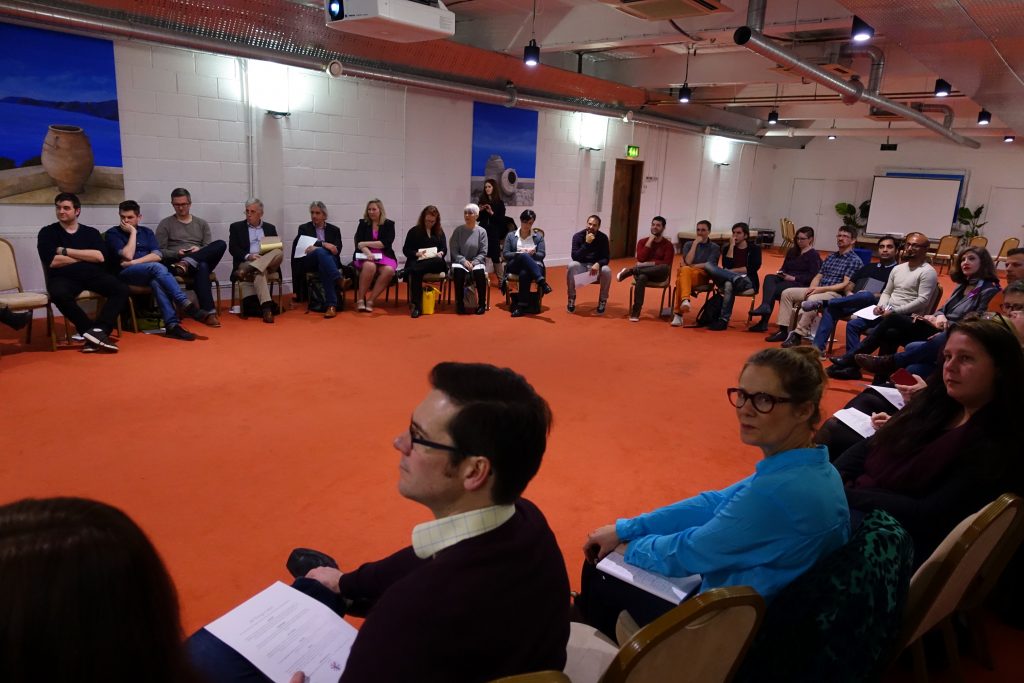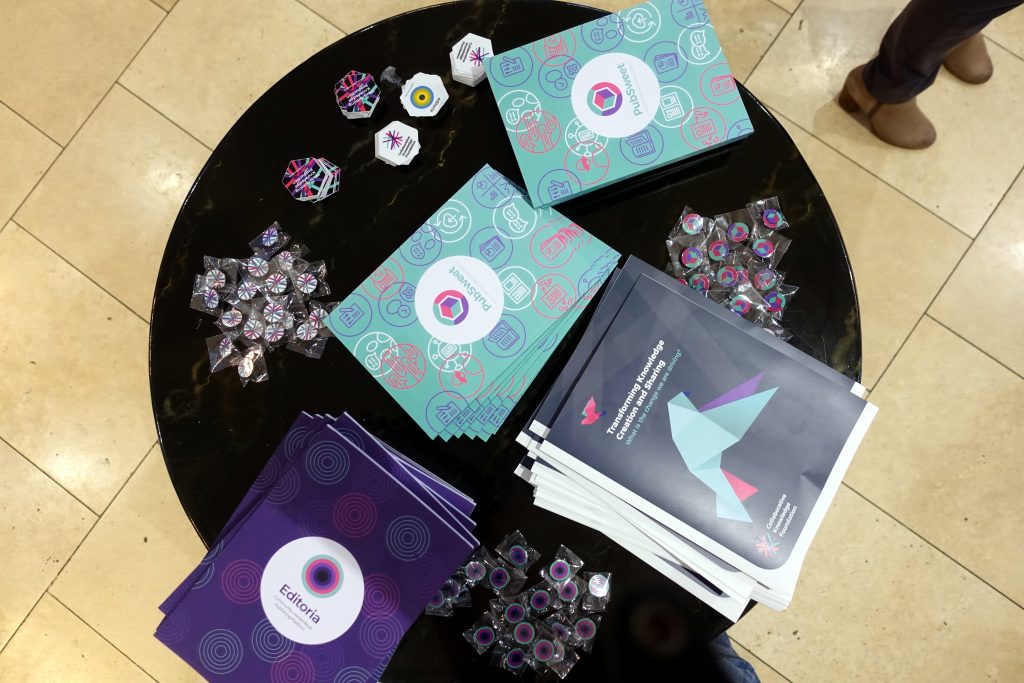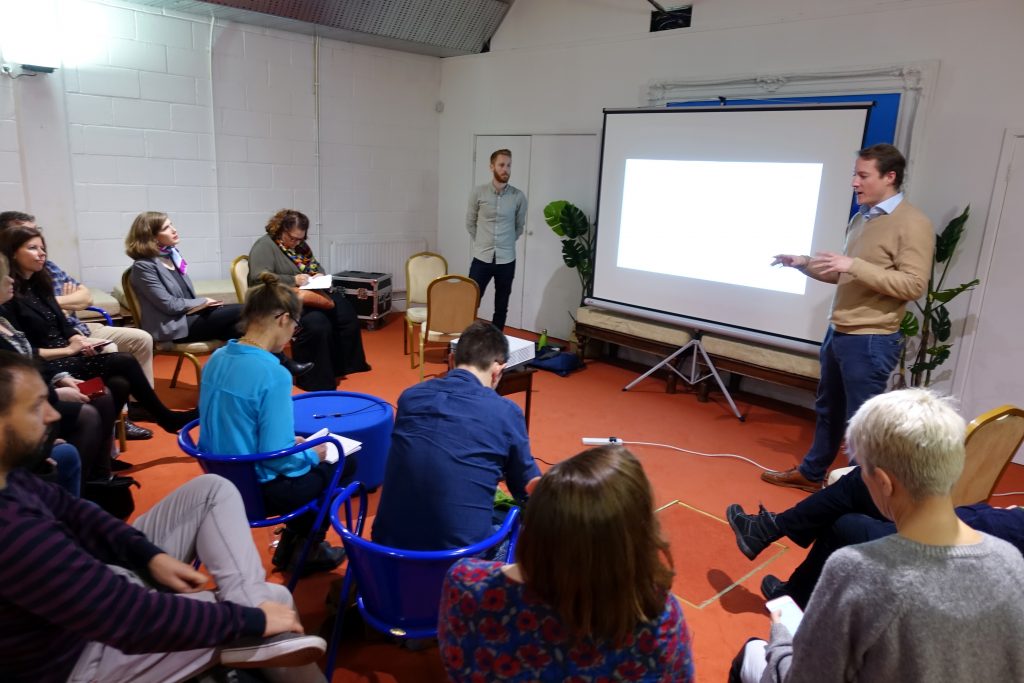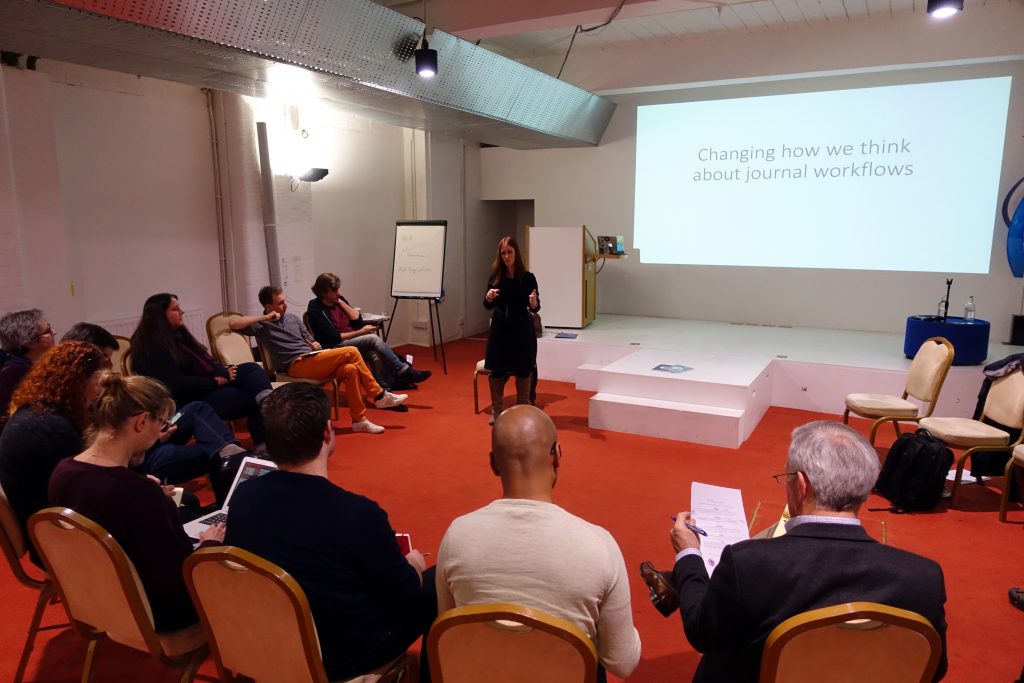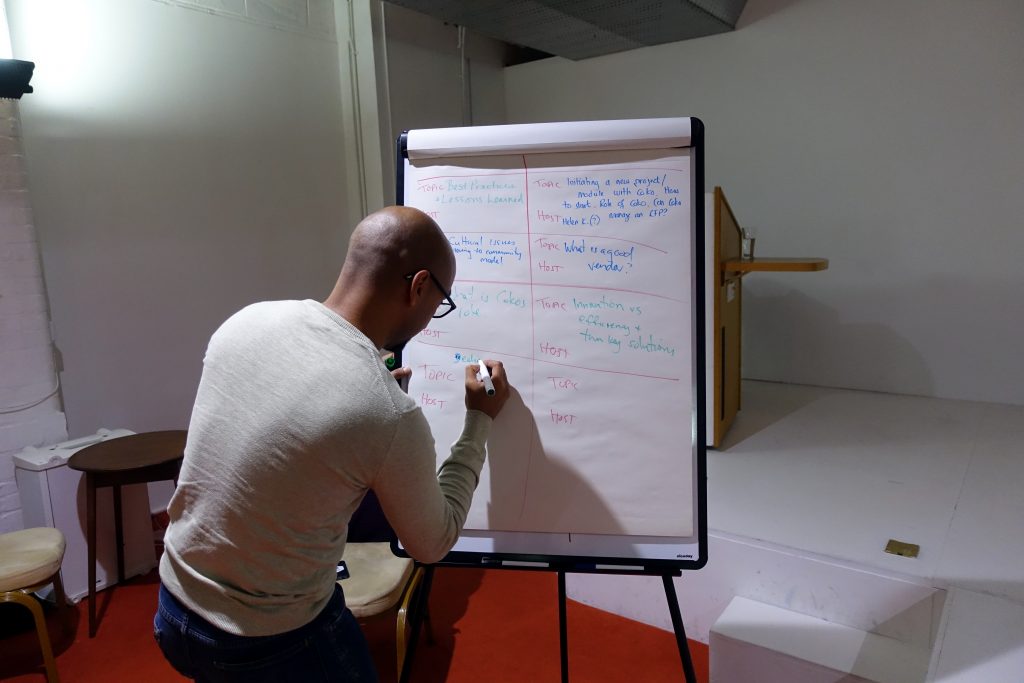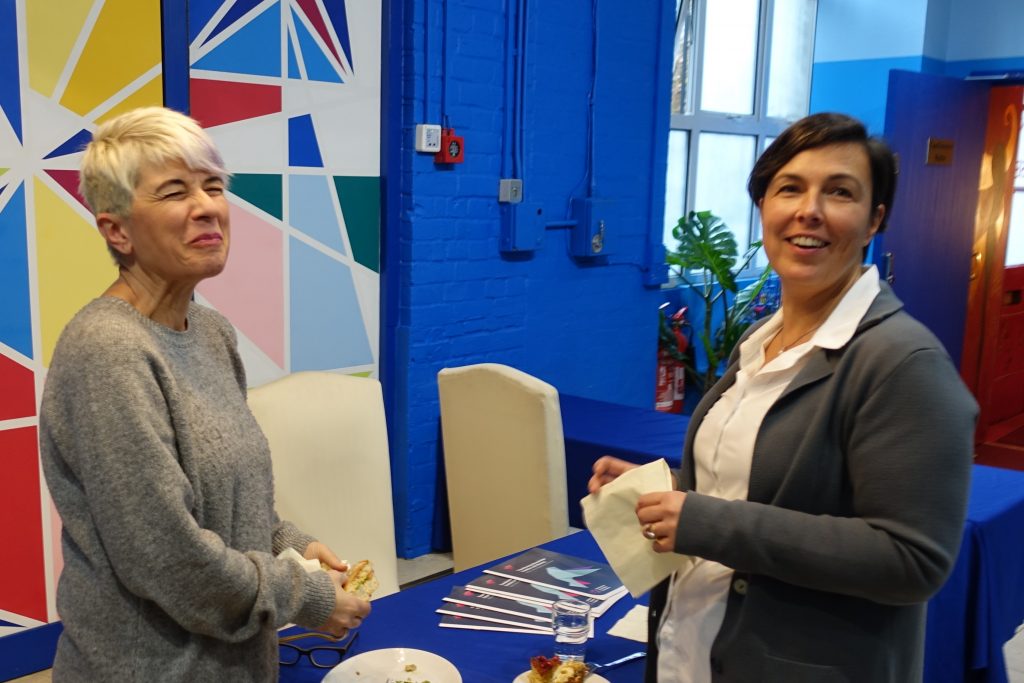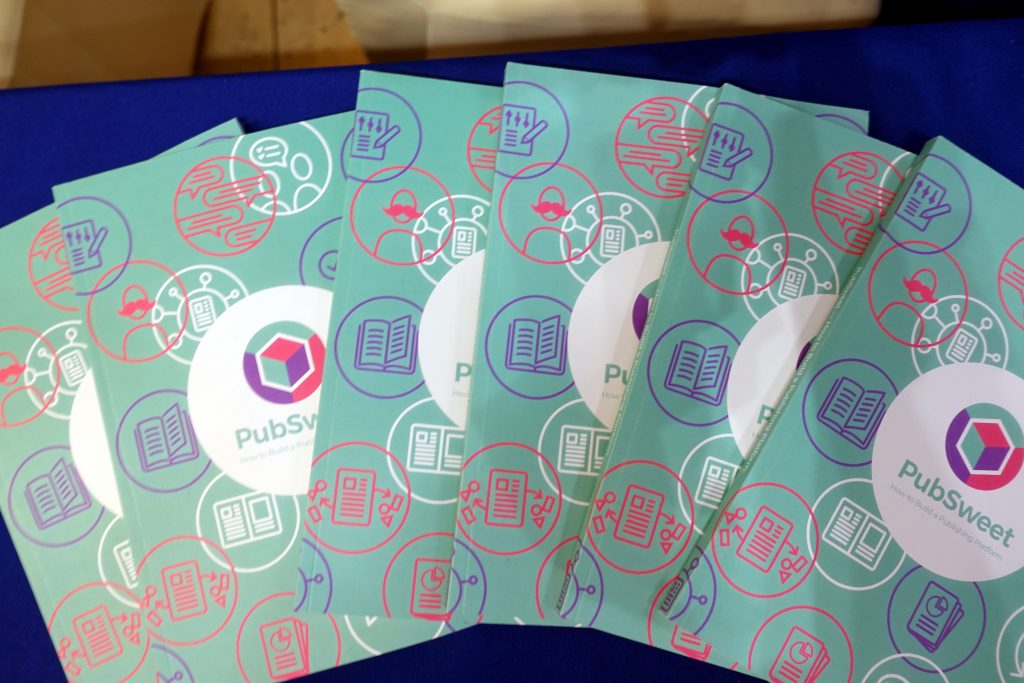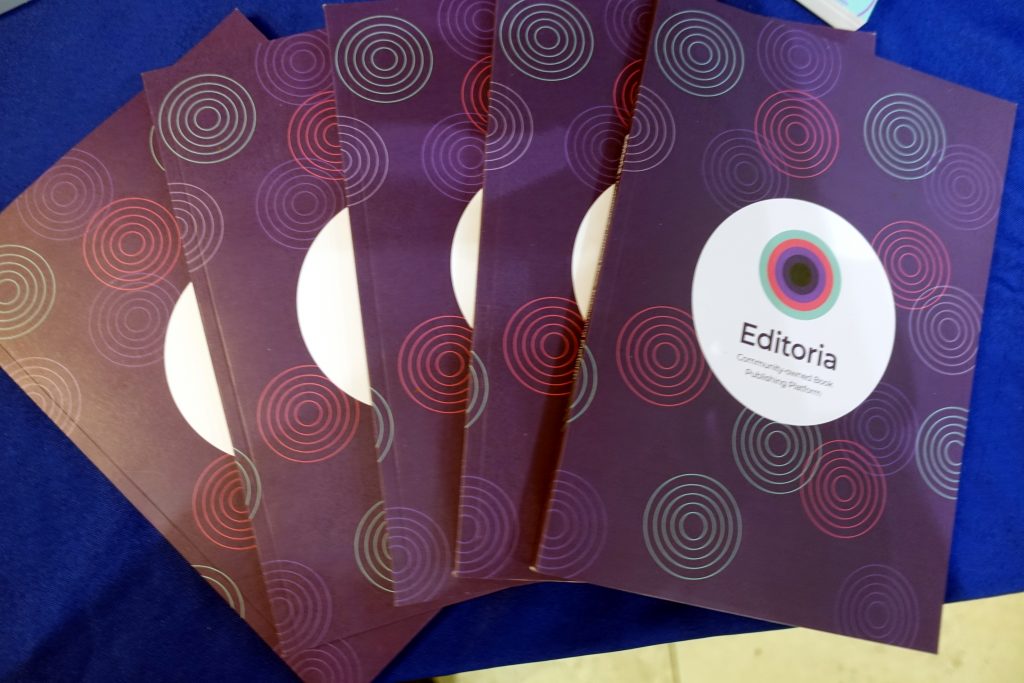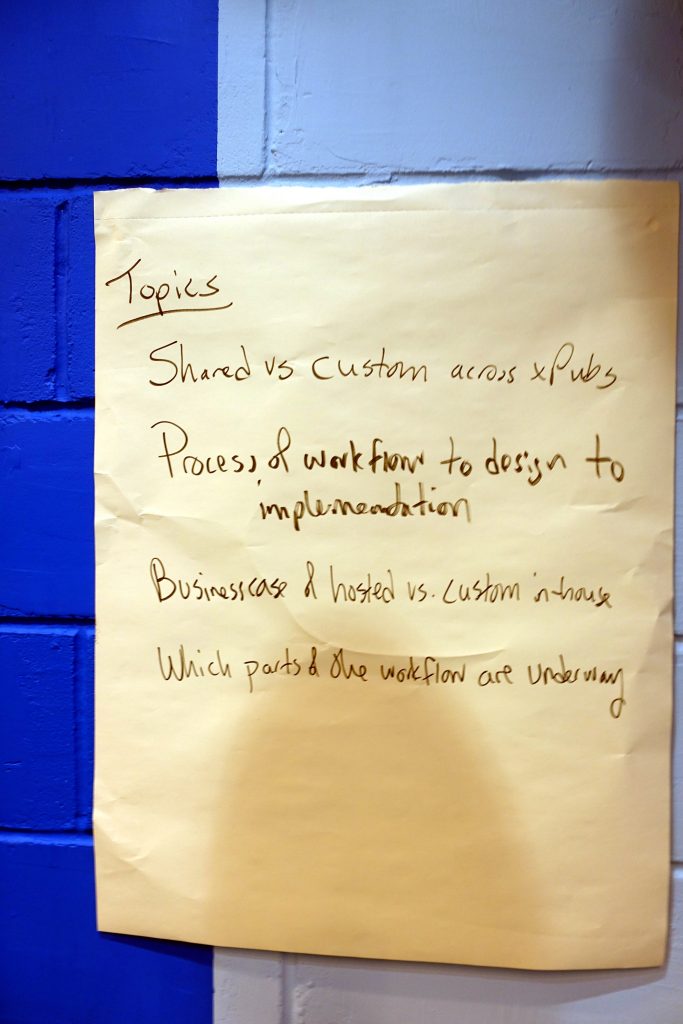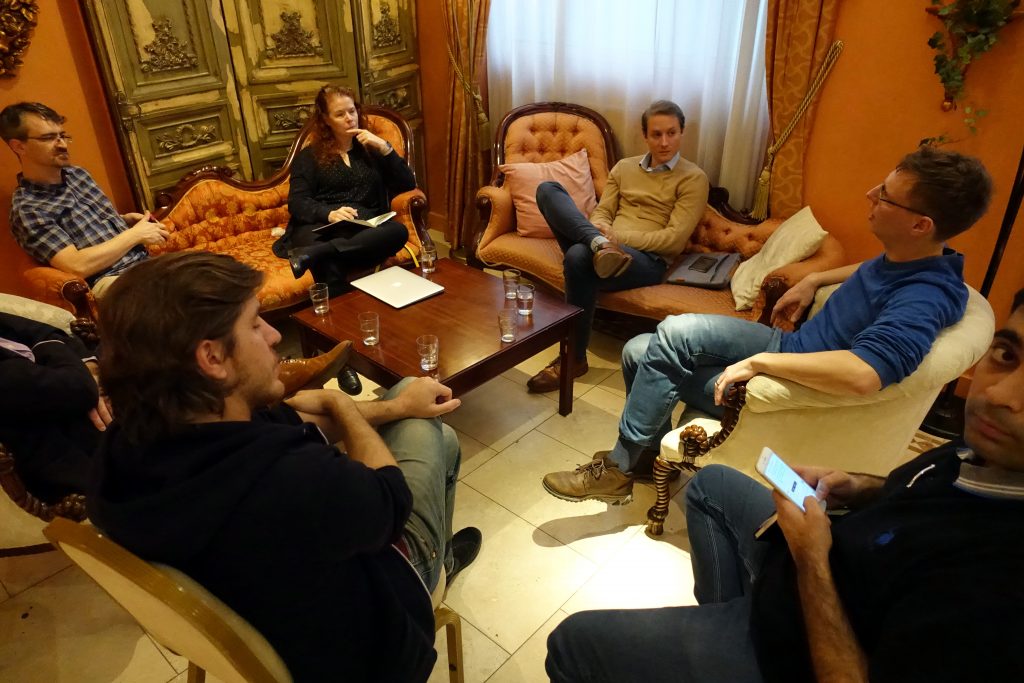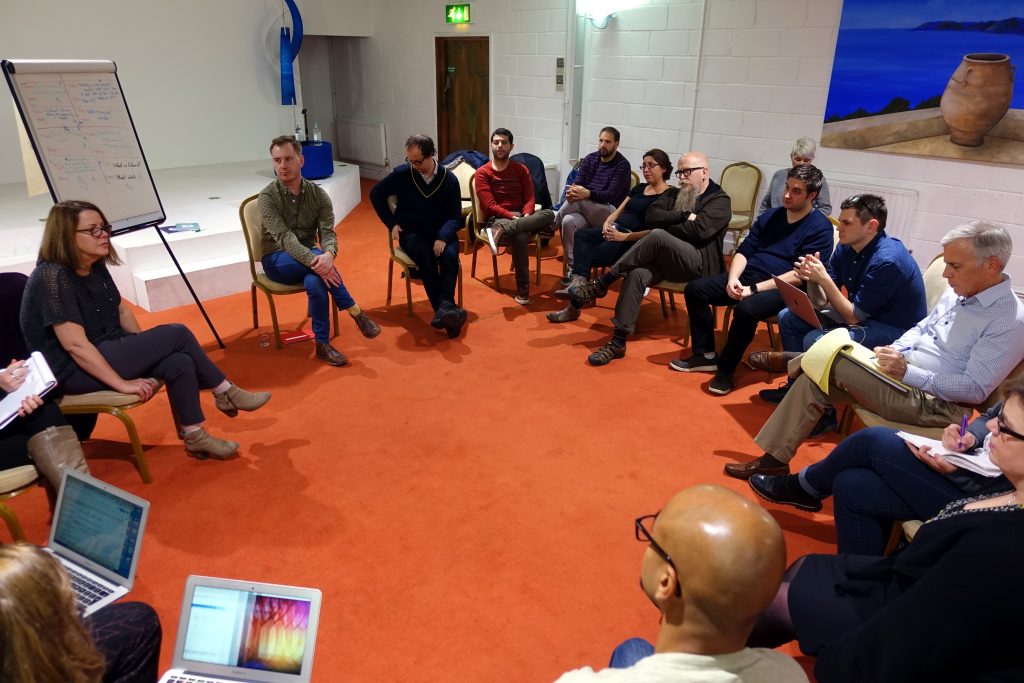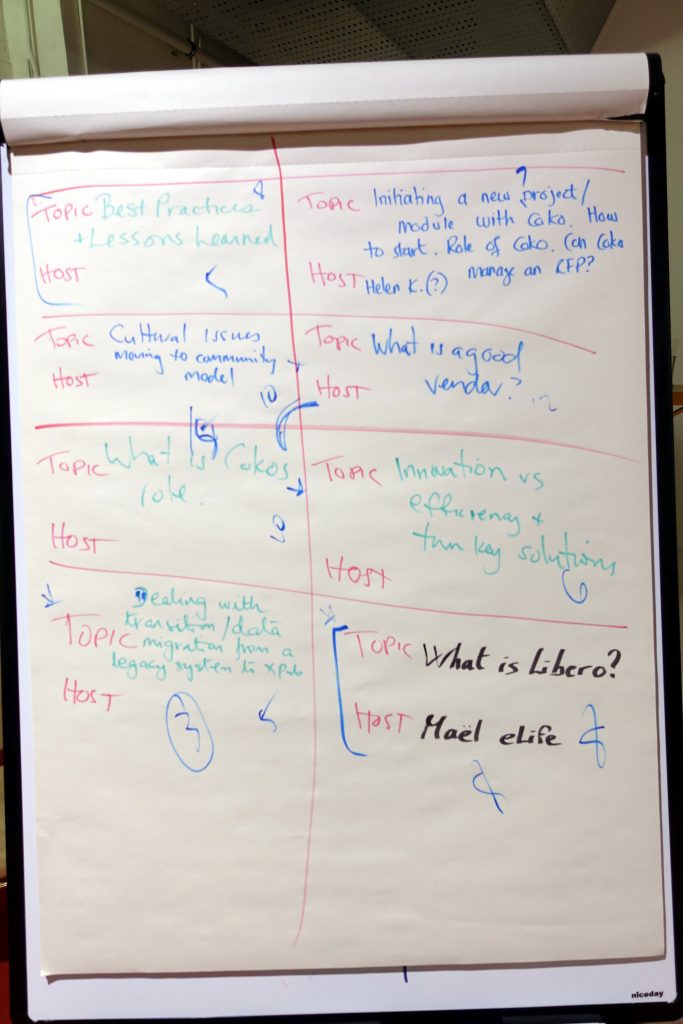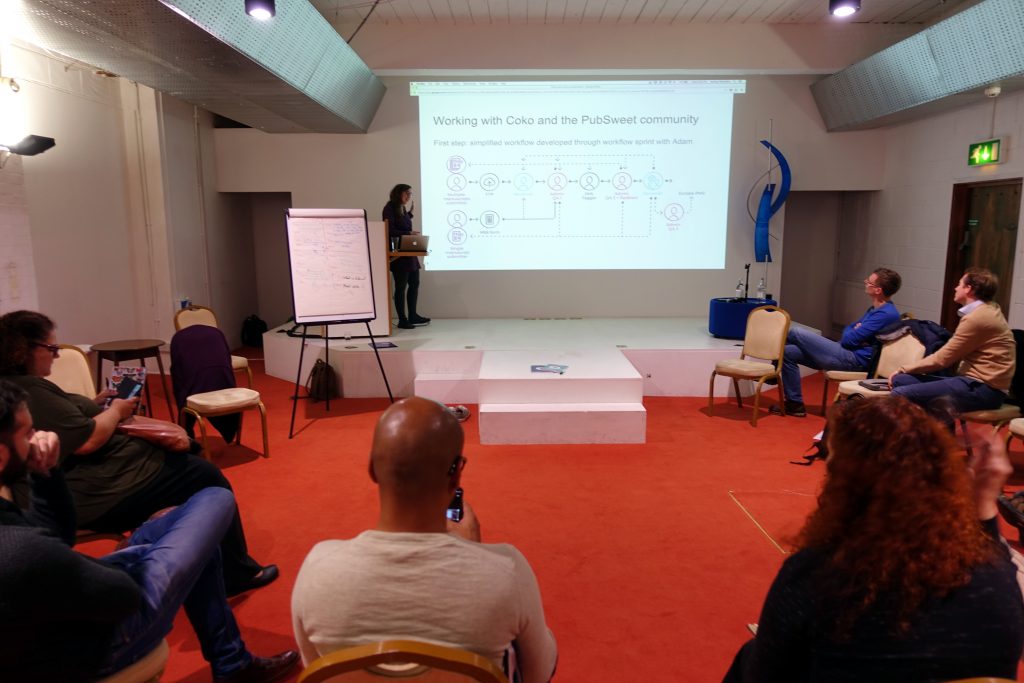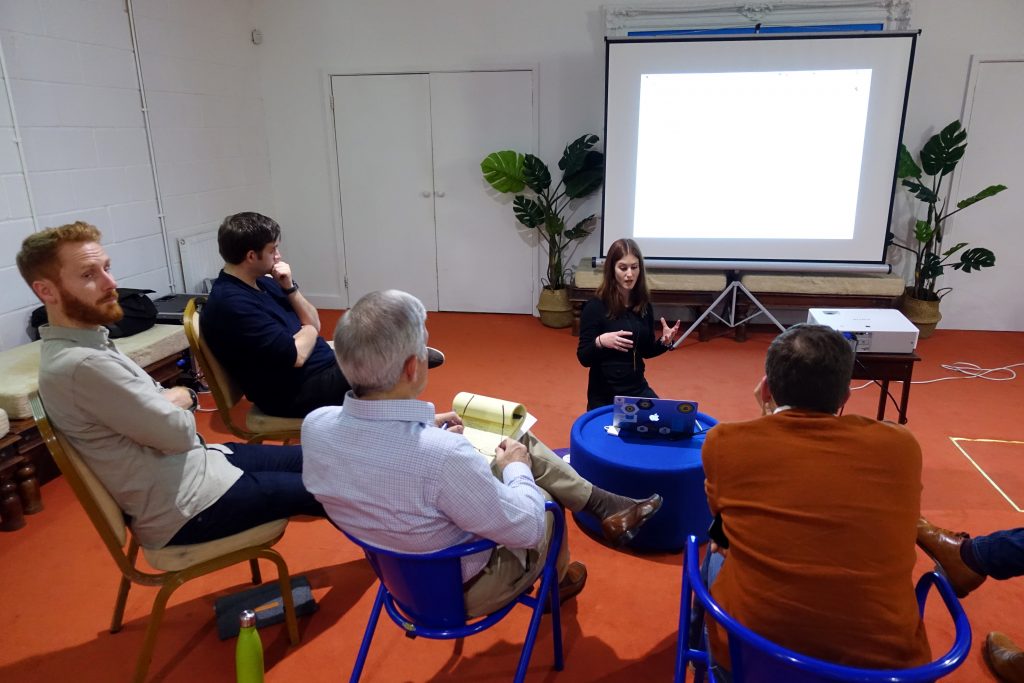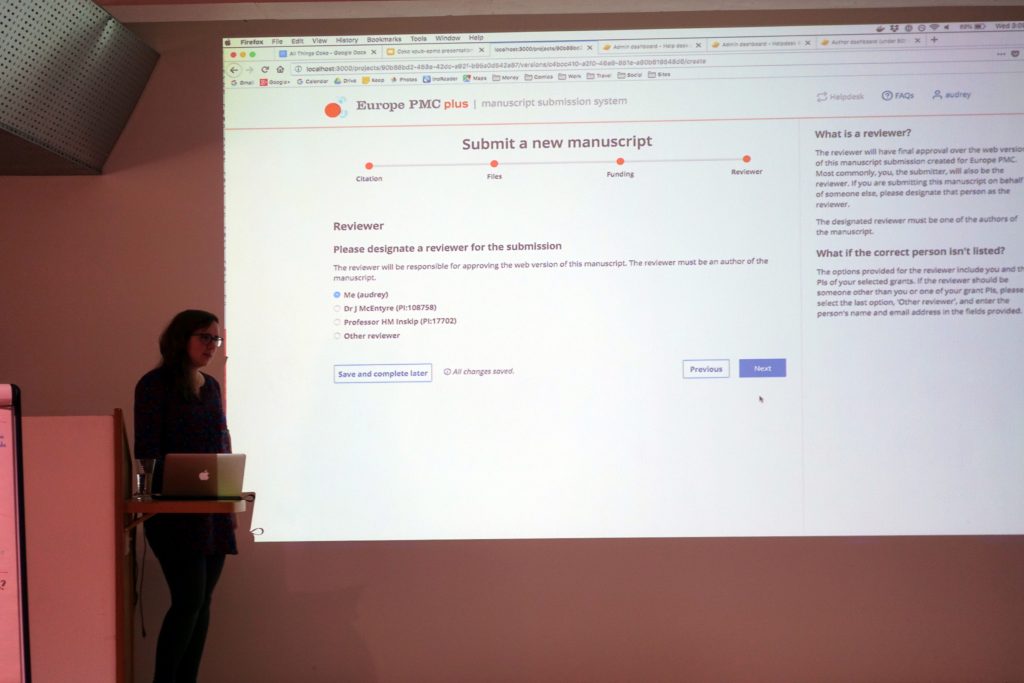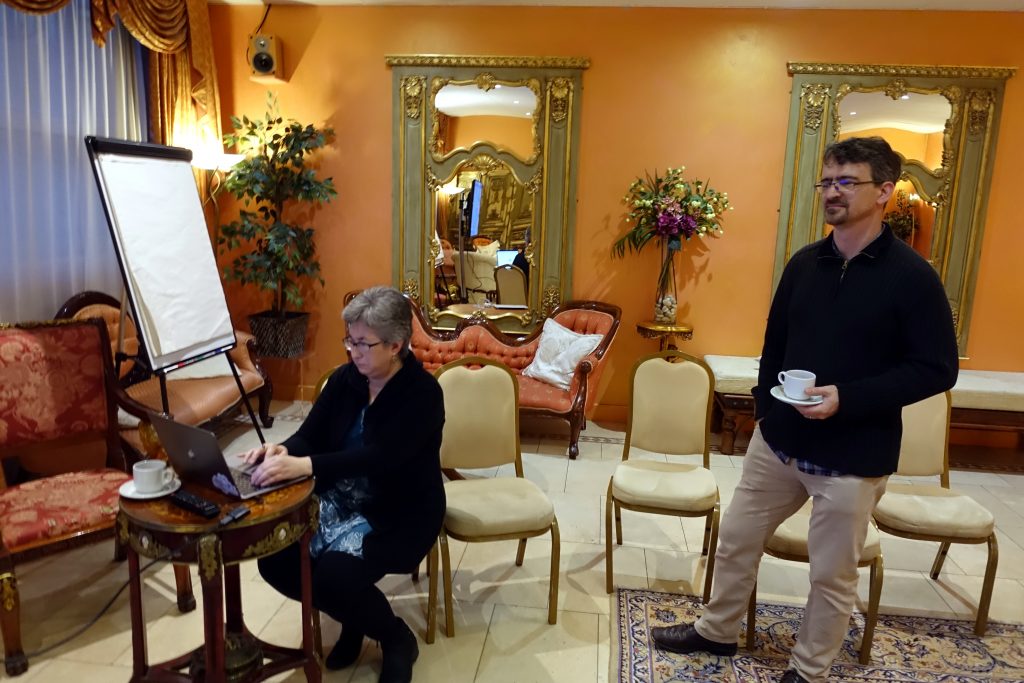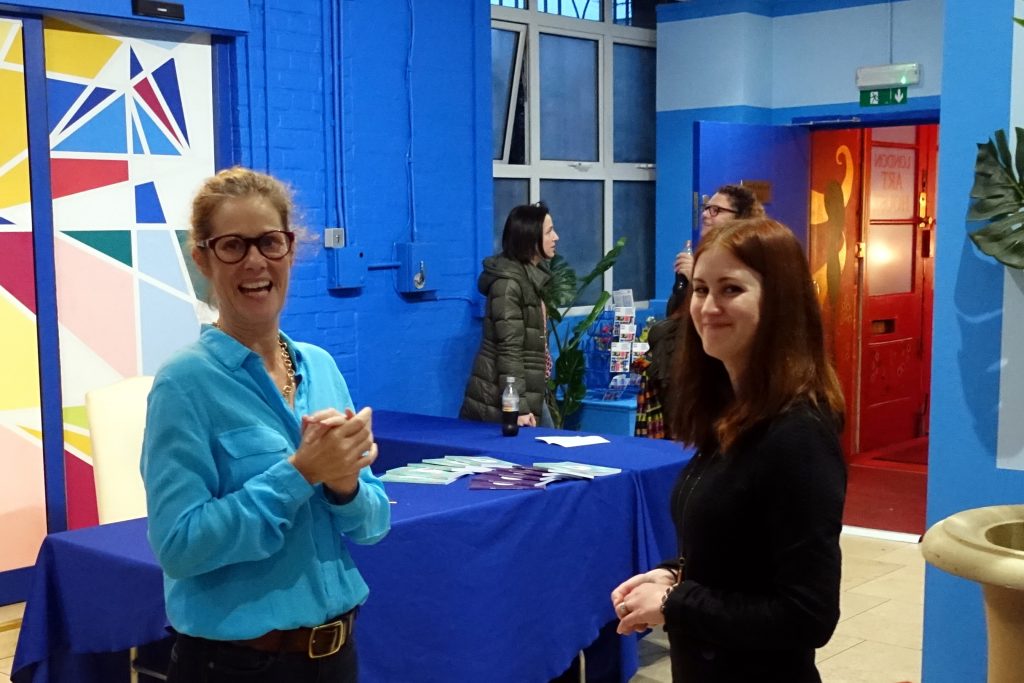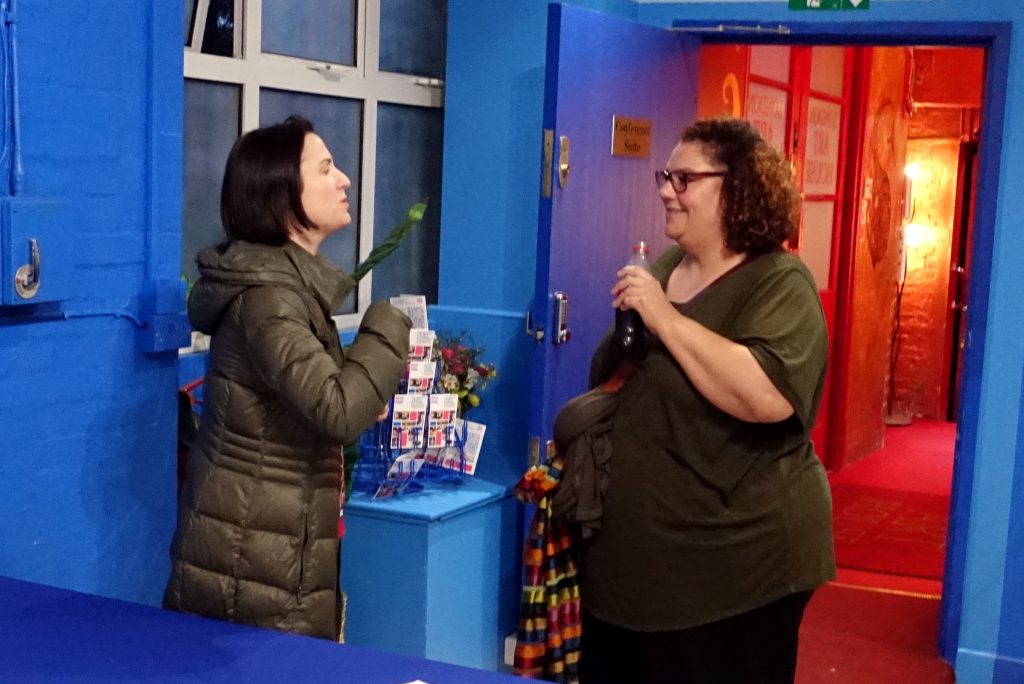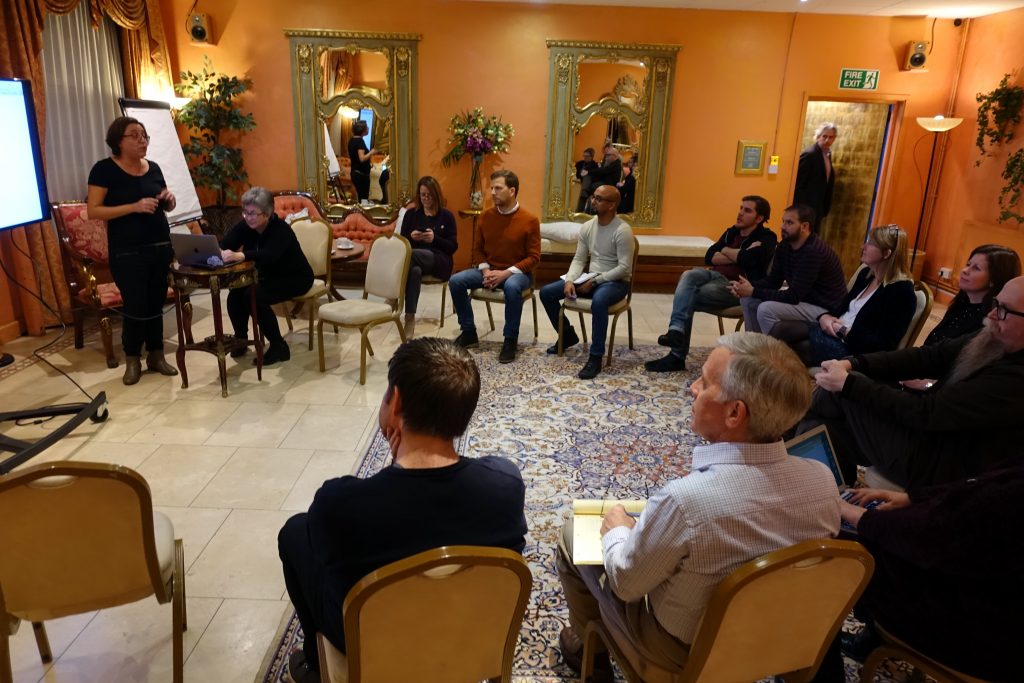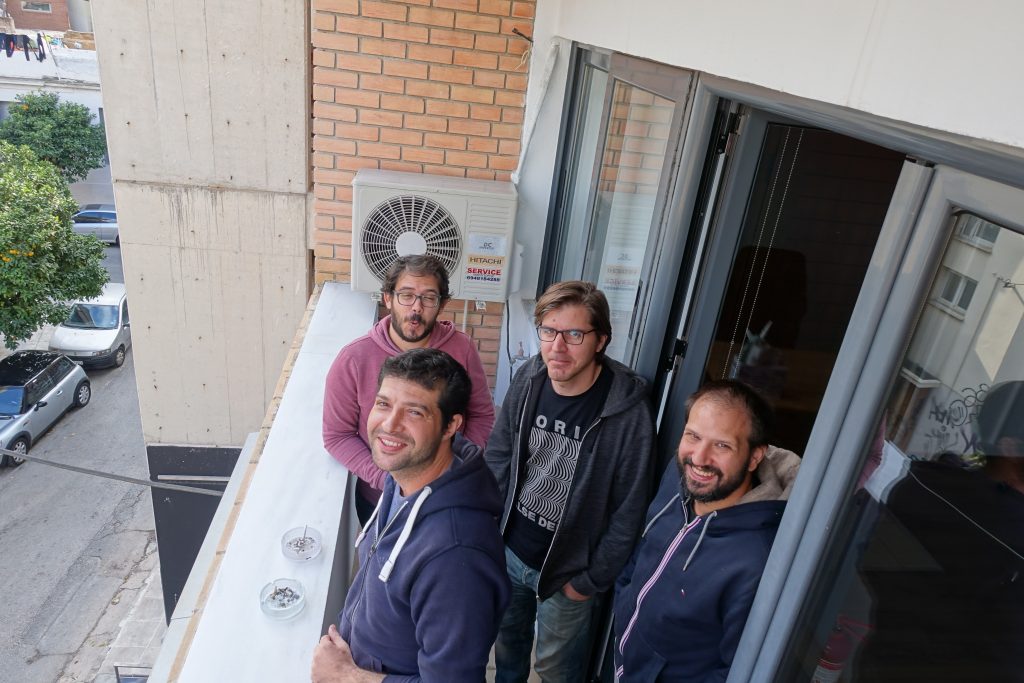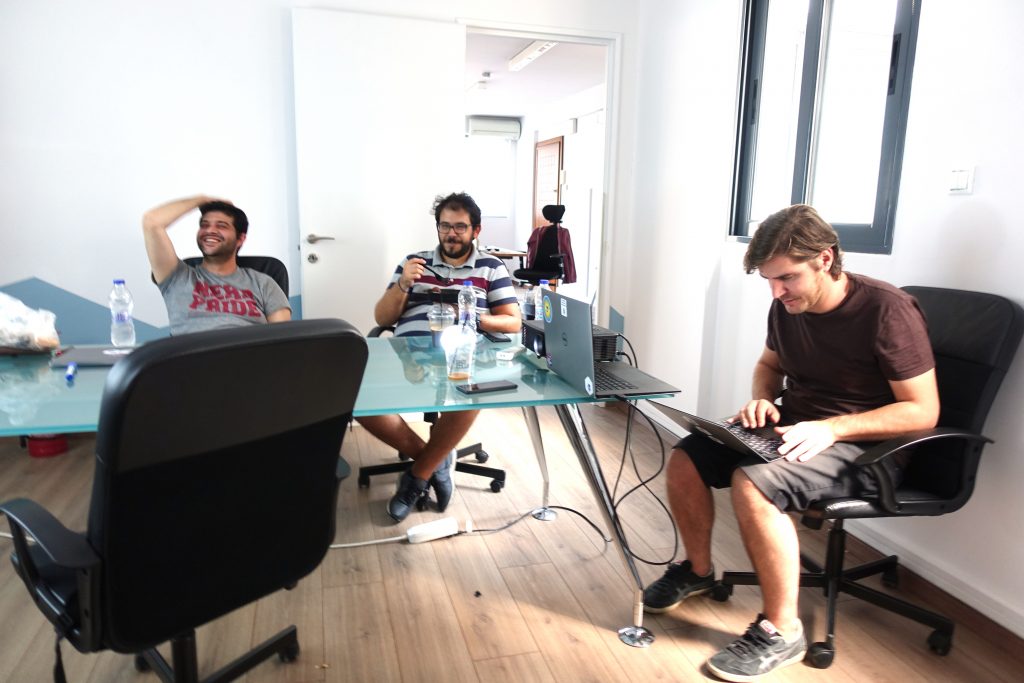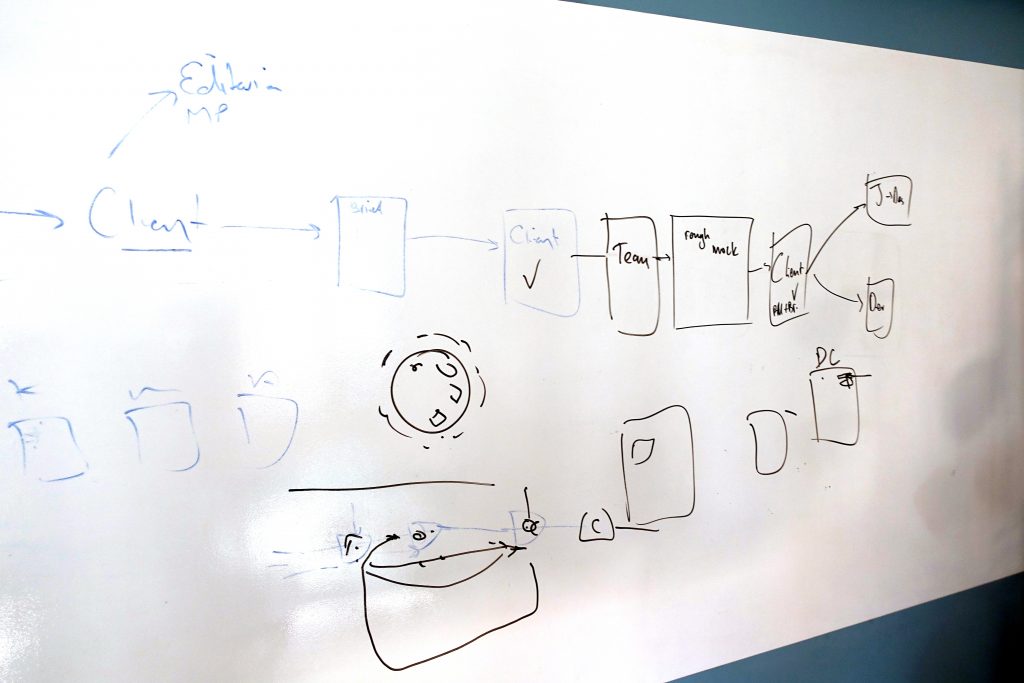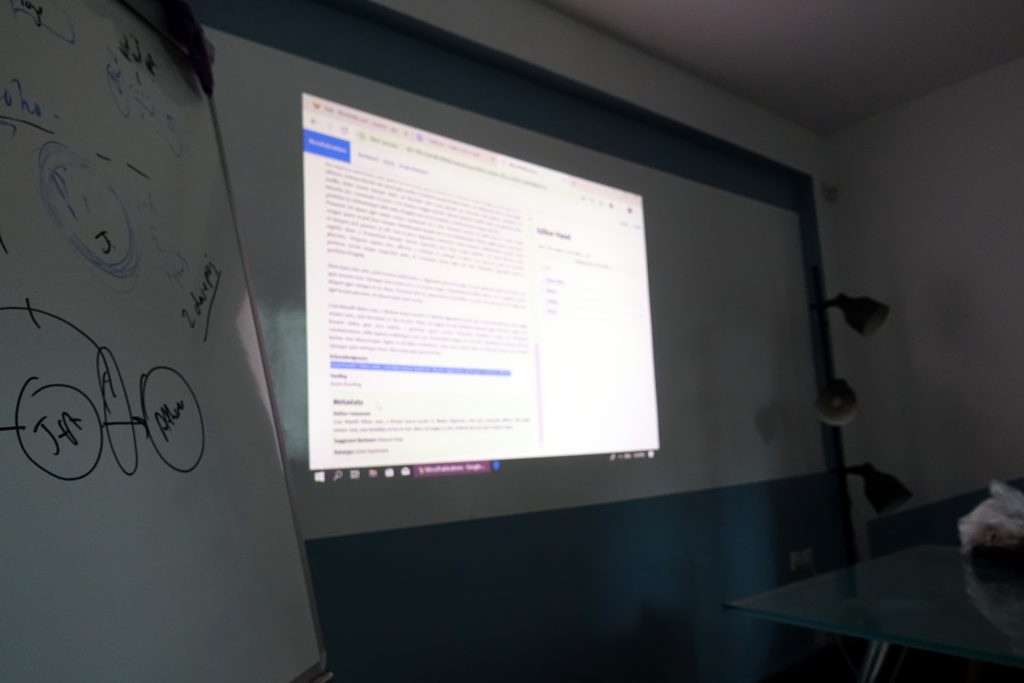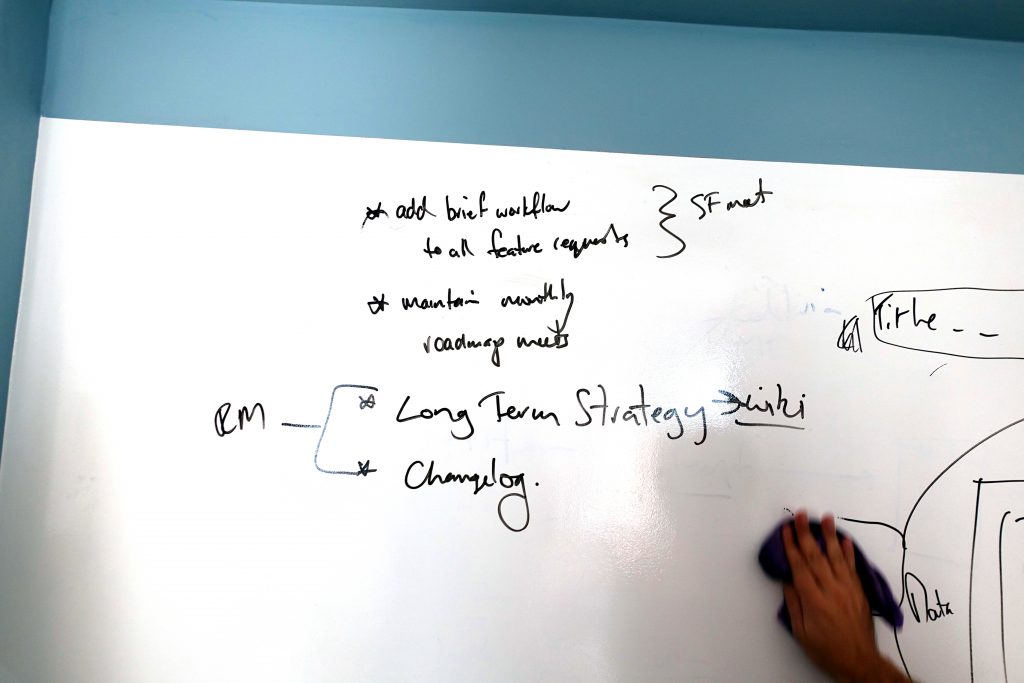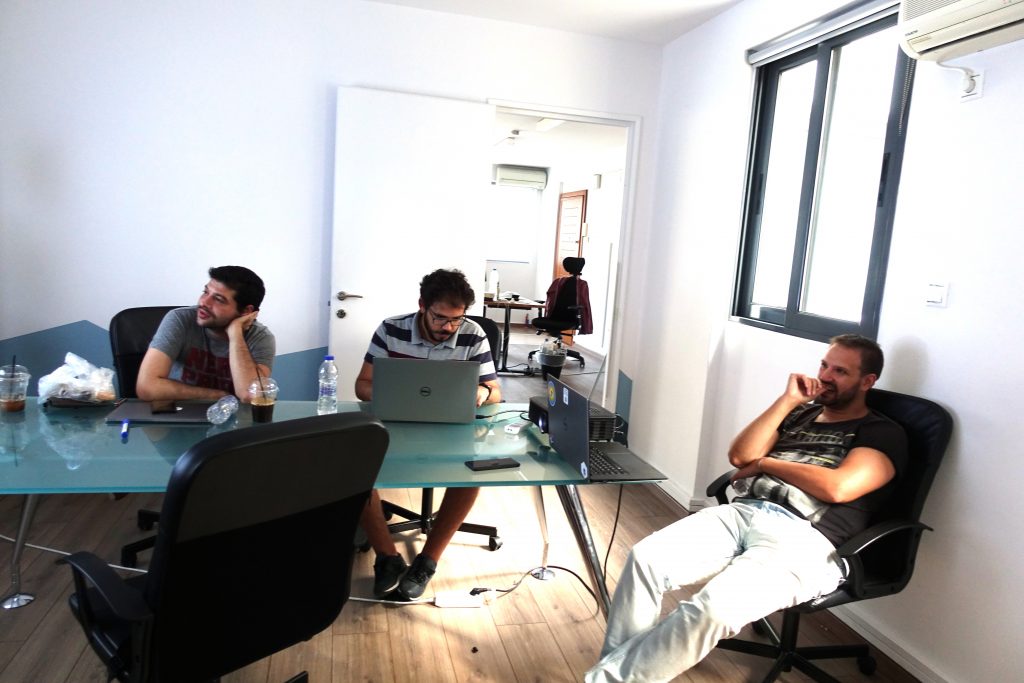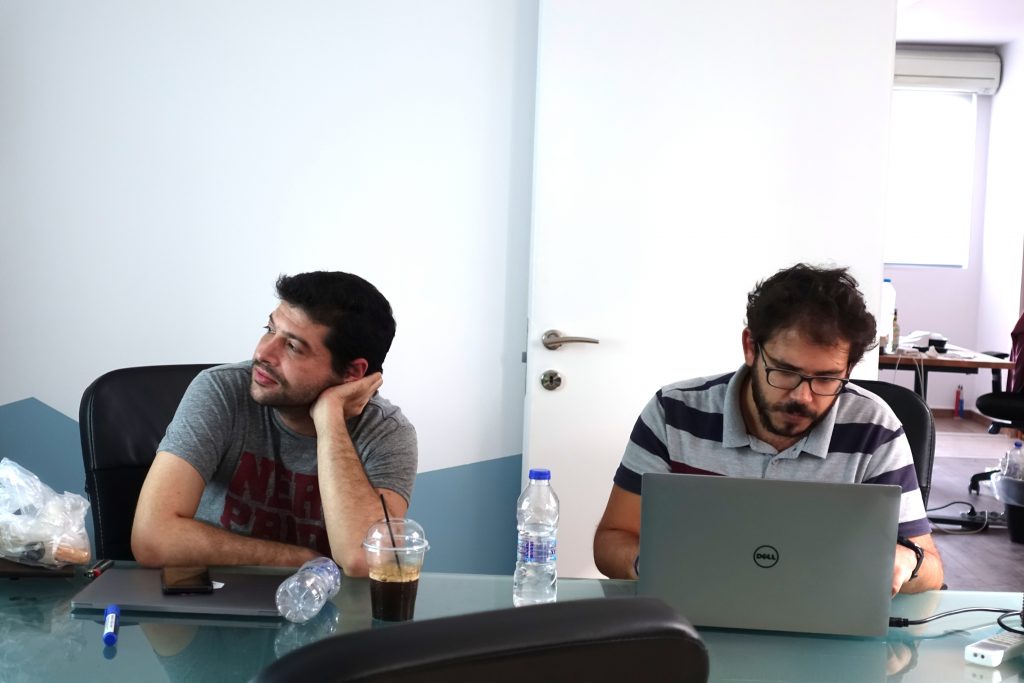So… it’s been a bit of a year. I was pretty busy looking back. I think I spent about 9 months on the road. I did some surfing. Bought a fridge. Plus some other stuff… so…. looking back….
The year started with a yet-to-be formed PubSweet community. PubSweet is the underlying ‘open infrastructure’ piece of the puzzle that enables folks to build any kind of publishing workflow on top of it. It is used for books, micropubs, content aggregation, journals… a lot. But at the beginning of this year there was one org building on top of it – Coko. Now, we have 9 publishing organisations building on it and 13 or so platforms in play. All that in one year… can you imagine. It is phenomenal growth. The best thing is the feeling in the community is awesome. As Geoff Builder recently said at a Coko meet “I can’t say enough how amazing it is that you aren’t killing each other”… very true.
This kind of growth and goodwill didn’t happen over night. I’ve been involved in many open source projects where there is no noticeable growth at all over many years. In fact, it was by watching these projects and trying and failing myself a number of times that I learned how to make this work. I had a plan from the start and strategised this growth. There are a few key parts… First… the proposition is transparent. It’s a no bullshit kinda thing. You can’t buy your way in, you can only be part of this community if you play nice. You must be upfront and work in good faith. If not, then we don’t want you. So it’s transparent, we require transparency, but it is required. If you aren’t transparent then see you later.
Another critical piece was to develop processes for consensus. We have a number of workgroups that have helped with this. We also have an RFC process and 3 meetings in person a year where more difficult stuff can be meted out. It works very well. It is all also, by design. You must intentionally design such stuff and I spent a lot of time working through these scenarios in my own head. It takes time because each community has its own character. You want to make sure you have the right resonance with your strategies and sometimes I need to ponder this stuff a lot, let it sit and then bring it about. Also necessary is to have leadership. I provide a lot of that but I also strategised very explicitly for Jure to be the central pin for the PubSweet community. He is an awesome leader of the PubSweet clan but also it must be noted that this doesn’t ‘just happen’. Jure and I spent a lot of time talking through these things, working out what sort of tone we needed, how to best enable people to feel they could be part of this while curating it so it’s not a free for all. Jure has really risen to the challenge and IMHO stands as a case study of good community leadership.
Andrew Smeall from Hindawi and Paul Shannon from eLife have been early leaders in this community. To have such goodwill and leadership from folks like Andrew and Paul is really amazing. They have been in boots ‘n all from the beginning and never blinked. They are heart n soul and mainstay keepers of the PubSweet community ‘way’. I feel very privileged to work with them.
Also at the beginning of the year, Editoria was alive but no books were being put through. We have since changed that with at least three scholarly publishers using it in production as well as Book Sprints using it (recently used in a World Wild Life Fund Book Sprint). We got there also by careful strategy. Alison McGonagle-O’Connell has been out there presenting, demo-ing, and explaining Editoria to all comers. Alison is a joy to work with and I admire her can-do immensely. She’s a tough cookie and now the wizard of Editoria. Alison has brought people closer to Editoria which peaked this year with a Editoria community event. We got about 35 people there and I facilitated the process (after designing the event loosely based on the PubSweet events). Critical was a newly designed Feature Proposal process. I had to design it so that publishers with no in house dev resources could ‘take ownership’ of the product and also so that publishers, rather than technicians, could write the proposals. We received 36 proposals in 2 weeks from 6 publishing orgs. Amazing. There is now a 3-month roadmap in play because of this.
xpub-collabra and perhaps micropubs will go through similar process transitions next year.
paged.js is also flourishing. I started the project with Shuttleworth funding in Feb and now it is integrated into Editoria and it has already been used for several books. It is also growing quite quickly as a community, some of this is ‘auto growth’ – growth that just occurs with no assist – and some of it is from the efforts of the paged.js crew – Fred Chasen, Julie Blanc and Julien Taquet. Julien in particular is proving to be a very good community leader in this area. They are an amazing crew doing amazing work. I don’t suffer from FOMO (fear of missing out) but I really regretted not being able to go to the paged.js workshops in Paris and Brussels in November. They looked amazing.
Then there is Wax…. the editor is growing fast. We had to rebuild it because the libs we were using were not supported and slow growing. But Christos knuckled down and got it done.. amazing. It is currently a one person endeavor but watch this space as I have plans for community growth around it next year.
XSweet, the XSLT docx-to-HTML converter is also going great guns. V2.0 with math support out in the next weeks. This more or less completes all the things we need form it and the lib will flick into a maintenance mode.
Then there is Workflow Sprints. The process I designed for helping publishers work though their workflow woes. It takes 1 day per org/workflow and has proven to be extremely effective. I’m now training facilitators to do this as it is proving popular and I can’t do them all next year if it comes down to that. Coko is also able to generate revenue from it which is cool.
Then there are design sessions which I still facilitate for various products including Editoria, xpub-collabra, and micropubs. All interesting projects and the design sessions are fun and sooooo effective. Who said publishers couldn’t design their own solutions? Not me…
Also this year I have been peripheral to the Book Sprints team. I gave up direct involvement when I got my Shuttleworth Fellowship. Thankfully Barbara was there to take the helm and has done an amazing job. We have had a couple of meetings this year and it has been awesome. We broke 1m NZ this year for the first time…amazing. Many people still don’t think it’s a real thing 😉
Also from Book Sprints we get many requests from people who love what we do but want ‘not a Book Sprint’…ie they have some other format/media/context etc they want to think about. So this year I have also founded SprintLabs to act as a bucket to put these experiments in… more on this in the new year.
Also this year I finished my Shuttleworth Fellowship having reached the 3 year maximum and became an alum. That was quite a moment. Strange thing is, I feel more a Shuttleworth Fellow now than I ever have 🙂
Needless to say my journey is unconventional. All this stuff is stuff people told me wasn’t possible. All of it. Book in 5 days, impossible! You can’t use browsers to typeset books! Headless modular publishing CMS – impossible! Publishing platforms are an intractable problem! You guys will never be able to build community, it just won’t work!
Yeah yeah. Fuckem.
And there was a lot of other stuff this year too. But honestly, where do I get the time? Where do I get the time to surf? I have no idea. One of the tricks though that I have learned is to trust the people you delegate stuff to. Create an environment for them to succeed and let them go. For the most part I just need to talk things through with them and help keep them and everything on course. They also have to go with my rather counter-intuitive, emergent, way of problem solving and doing things. If they can’t then it doesn’t work out, if they can then we do great things. Which means, of course, lots of travel is needed and talking to people. I am a great believer in remote teams but I am not a believer in remote-ness. If that makes sense. You gotta be close to people so they can trust you and you trust them when you aren’t there. Its for this reason some of our meetings happen on beaches 🙂
It is what it is. It’s been a huge year.
Still, got to make a surfboard this week and 2 Workflow Sprints to go (in the US)… no matter, I’ll be here in no time…

